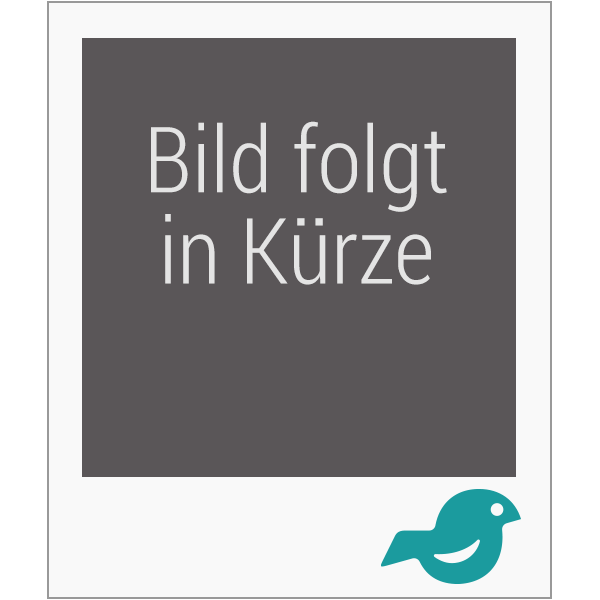This study addresses the issue of the definition of Discourse Markers (DMs) in the light of an exclusively functional perspective. The discourse model adopted is based on the notion of coherence relations (Sanders et al., 1992; Hobbs, 1990, 1995). Within this framework, two types of elements are distinguished: Discourse Propositional Units (DPUs) or discourse segments that bear propositional content, and Discourse Functional Units (DFUs) or elements that bear primarily a procedural meaning, transmitting information on how propositional units relate. DFUs are defined on the basis of functional criteria alone, i.e., any expressions whose function is to offer information on how to interpret DPUs is a DFU.The advantage of this perspective is that it opens up the limits of the category of DMs: many of the forms traditionally considered DMs could now be considered DFUs as well, but also, from a functional perspective, DFUs need not be restricted to pragmatic contexts. This theoretical framework is used to analyze data from natural conversations in Peninsular Spanish. The relations expressed by several Spanish DFUs are studied quantitatively, and the theoretical relevance of the findings for a general theory of DFUs is also discussed.
Bitte wählen Sie Ihr Anliegen aus.
Rechnungen
Retourenschein anfordern
Bestellstatus
Storno

